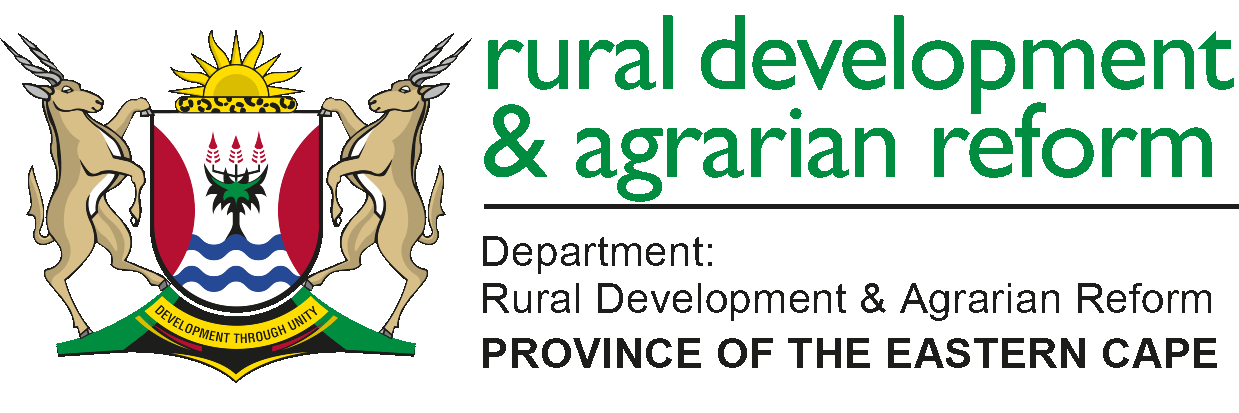
EASTERN CAPE MEC the department of Rural Development and Agrarian Reform (DRDAR) Xolile Nqatha used the induction of 120 unemployed graduates…
EASTERN CAPE MEC the department of Rural Development and Agrarian Reform (DRDAR) Xolile Nqatha used the induction of 120 unemployed graduates to warn them not to use the R7 500 a month stipend they will receive to buying alcohol and drugs.
Nqatha was speaking during the induction ceremony held at the Bhisho Showgrounds in a programme that ensures the graduates in agricultural, forestry and fisheries fields receive the on-the job experience by being placed on farms and other agriculture-related enterprises .
“I urge you not use the stipends you receive from the government to buy carry packs (beers) rather look after yourselves and do not forget the values you learnt at your respective homes.
“Government wants to change the lives of young people by creating employment and business creation operation opportunities so do not abuse alcohol, drugs or engage in sexual activities.
“This one of the important intervention we are doing as government where we ensure young people are given skills do open their businesses and become employer hence I stress that do not blow it by alcohol, drugs and sex.
Alcohol and drug abuse can derail you from what you want achieve in life,” Nqatha said.
The placing of the unemployed graduates is programme initiated and funded by the Department of Agriculture, Forestry and Fisheries (DAFF) as a mechanism to attract and promote this sector amongst young people.
The graduates will be given support to establishment of youth owned and managed agriculture enterprises to encourage active participation of youth in the sector.
They graduates will be assisted to develop bankable business plans to implement envisaged enterprise and be linked to government support programme relating to their chosen enterprises and other potential funders.
“This is one of the most important foundations and pillars to our provincial Agriculture Economic Transformation strategy. You have now demonstrated that the notion of the threat of a dying agriculture sector because of ageing farmers and that the sector is not attractive to young people can be changed,” Nqatha said.
Tsolo Agriculture and Rural Development Institute (TARDI) graduate Luvo Faku, who spoke on behalf of the graduates, described the intervention by government as a “privilege” especially that some of the students whom he graduated with “were sitting home, hopelessly doing nothing.”
“As students we thank government for giving us this opportunity wholeheartedly, this is indeed a great achievement and the energy amongst the graduates is humongous as we are eager to learn skills that will help us to be business people. We are surely going to treasure this gesture for the rest of our lives.
DRDAR will ensure that graduates are attached to experienced mentors, have necessary working tools and receive targeted skills training to enhance their entrepreneurial skills during their two-year training period.

Copyright | Department of Rural Development and Agrarian Reform

